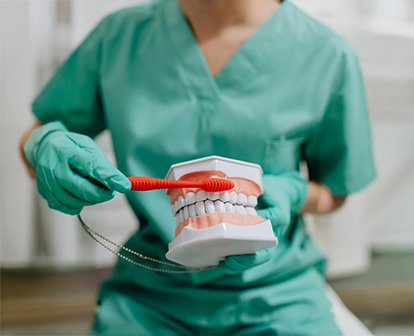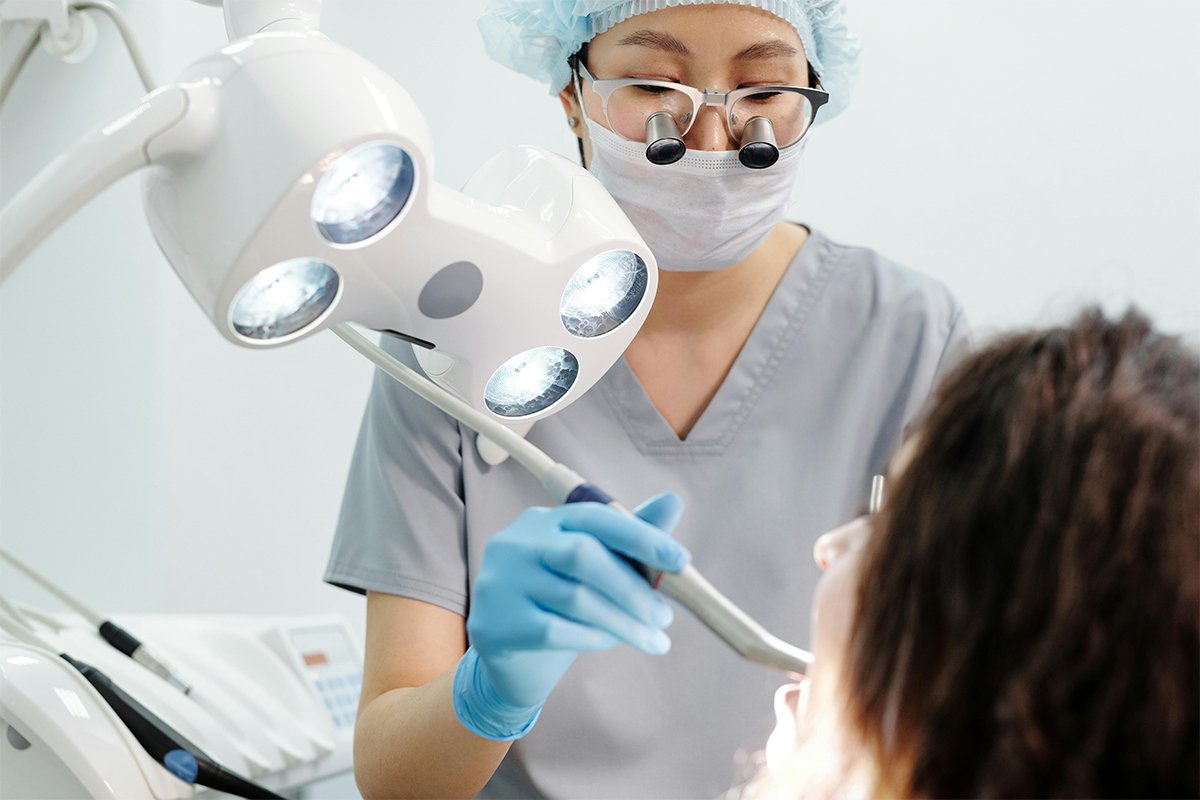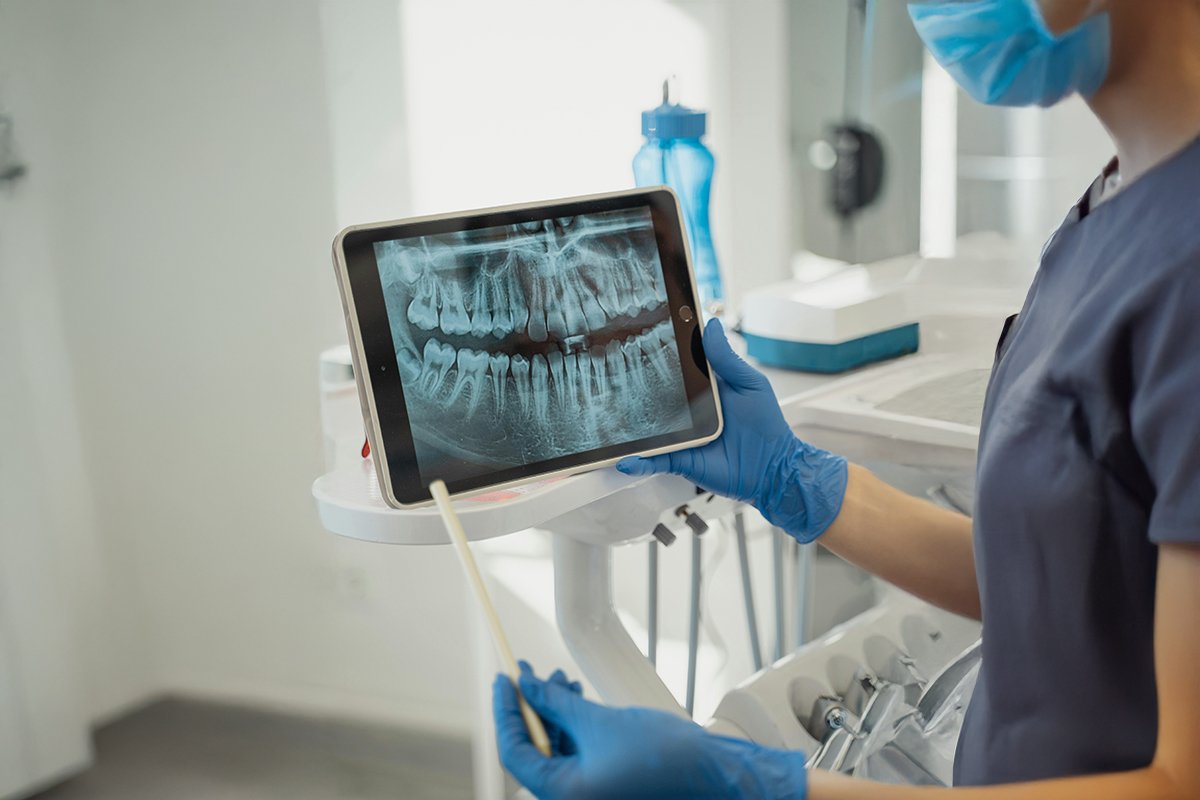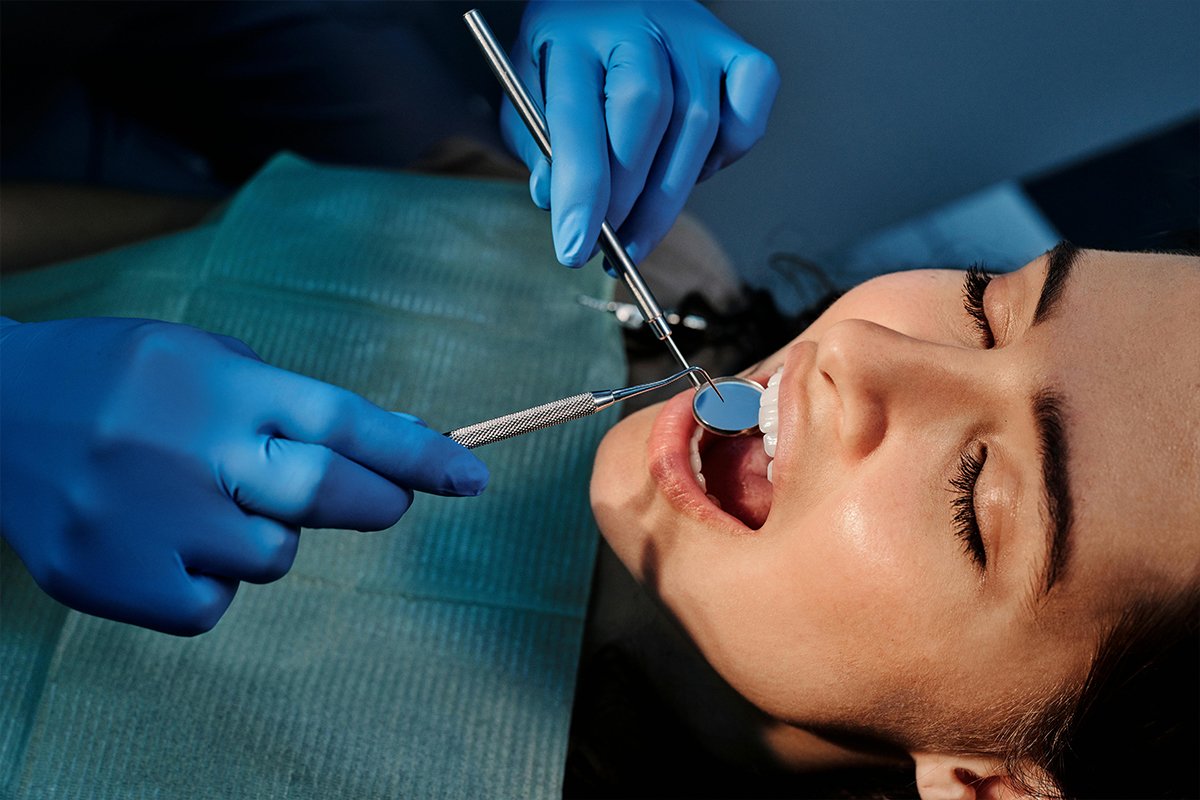General dentistry is a branch of dental care that focuses on the prevention, diagnosis, and treatment of a wide range of oral health issues. It serves as the first line of defense against dental diseases and plays a critical role in maintaining overall oral hygiene.
General dentists provide comprehensive services, including routine check-ups, professional cleanings, fillings, root canals, and the treatment of common oral conditions such as cavities and gum disease. These practitioners are also trained to educate patients on proper dental care practices to prevent future issues, ensuring the health of teeth, gums, and the mouth as a whole. By maintaining regular visits to a general dentist, individuals can detect potential problems early, receive appropriate treatment, and uphold long-term oral health.
Key Benefits of General dentistry
General dentistry offers key benefits including the prevention of dental problems through routine check-ups and cleanings, which help maintain strong teeth and healthy gums. Early detection of issues like cavities or gum disease allows for prompt treatment, preventing more serious complications.

- Dental Exams and Check-Ups
- Teeth Cleaning (Prophylaxis)
- X-Rays and Imaging
- Fillings for Cavities
- Tooth Extractions
- Sealants
General dentistry also promotes overall health by managing oral hygiene and educating patients on effective dental care practices.
faqs
Everything you need to know about dental care
It is recommended to visit the dentist for a check-up and cleaning every six months. However, your dentist may suggest more frequent visits based on your specific dental health needs.
Flossing helps remove food particles and plaque from between teeth and along the gum line where toothbrushes cannot reach, preventing cavities and gum disease.
Maintain good oral hygiene by brushing twice daily with fluoride toothpaste, flossing daily, eating a balanced diet, and limiting sugary snacks. Regular dental check-ups are also crucial.
Children should have their first dental visit by their first birthday or when their first tooth appears. Early visits help monitor dental development and instill good oral hygiene habits.
Yes, dental X-rays are safe and use very low levels of radiation. They are essential for detecting issues that may not be visible during a standard dental exam.
For dental emergencies, such as a knocked-out tooth or severe toothache, contact your dentist immediately. Most clinics offer emergency appointments for urgent cases.
To prevent gum disease, practice good oral hygiene by brushing twice daily, flossing, using an antimicrobial mouthwash, and attending regular dental check-ups.
Dentists offer professional teeth whitening treatments that are more effective and longer-lasting than over-the-counter options. Consult with your dentist for the best whitening method for you.
Yes, clear aligners like Invisalign offer an alternative to traditional braces for many cases. They are nearly invisible and removable, providing a more discreet way to align teeth.
Fluoride strengthens tooth enamel and helps prevent cavities. It can be applied during routine dental visits and is especially beneficial for children and those prone to cavities.


